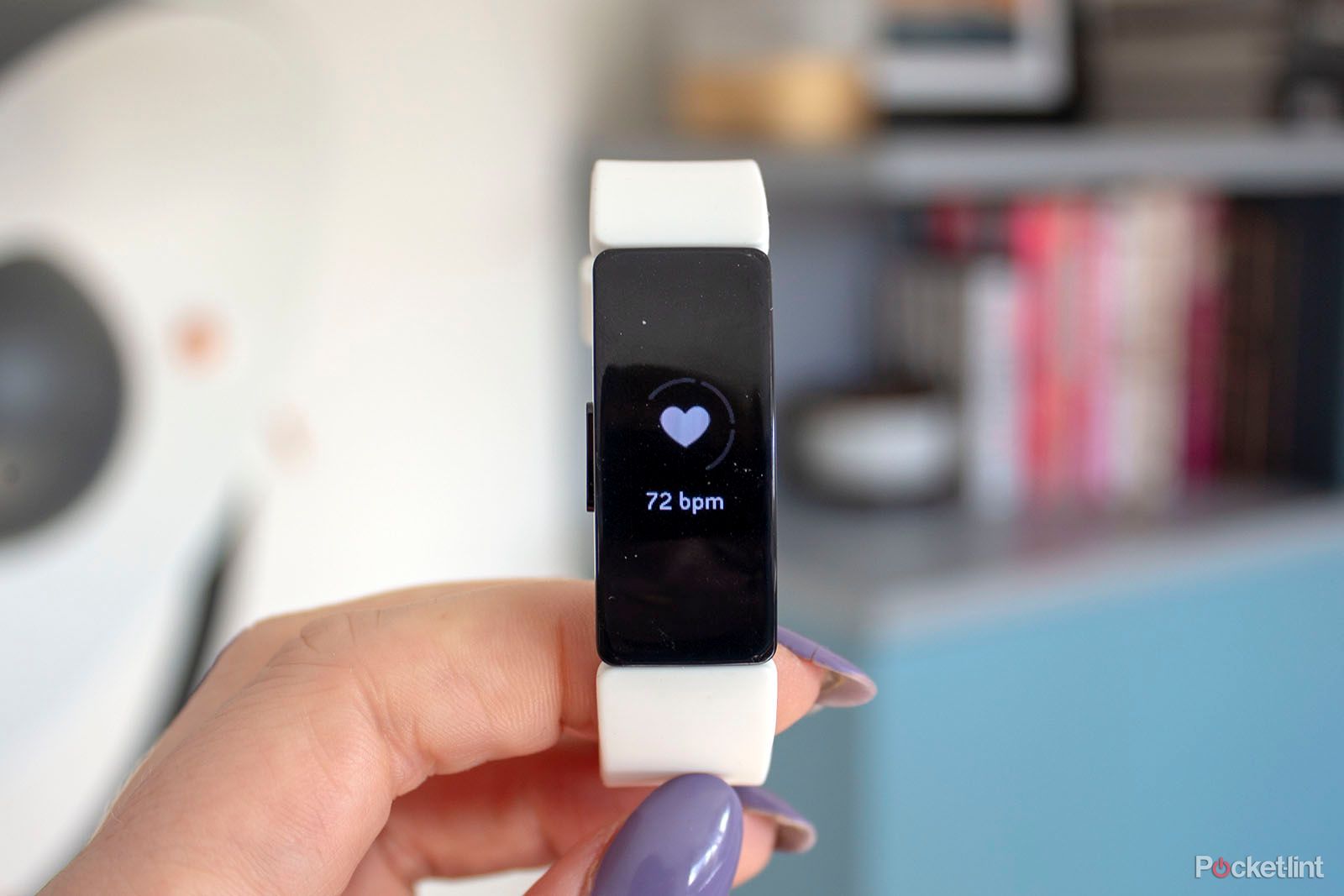Fitbit has kicked off the Fitbit Heart Study to "validate the use of its wearables" for detecting atrial fibrillation (AFib) or heart rhythm irregularity.
What is the Fitbit Heart study?
Described as a "large-scale, virtual study", Fitbit Heart Study is open to Fitbit users who are 22 years or older and own a current Fitbit device. The goal is to advance research on tools for detecting AFib - such as Fitbit devices - because it can improve health outcomes and reduce the impact of AFib. Fitbit said it hopes to enroll hundreds of thousands of people in the US.
Fitbit’s devices use photoplethysmography (PPG) technology to measure the rate of blood flow directly from a user’s wrist. Those measurements can be used to identify heart rhythms, which Fitbit's algorithm will analyse for irregularities in the Fitbit Heart Study. If participants need to be notified about an irregular heart rhythm, they will get a free virtual appointment with a doctor to learn more.
They may also be mailed an electrocardiogram patch to confirm, at no cost.
How to join the Fitbit Heart Study
To join Fitbit's study, go here and enroll. You must be in the US, at least 22 years old, and you need a Fitbit Ionic, Fitbit Versa, Fitbit Charge 3, Fitbit Charge 4, or Fitbit Inspire HR device. During sign up, Fitbit checks if your device is supported.
Why is Fitbit doing a study?
AFib is a quivering or irregular heartbeat that can cause strokes, blood clots, and heart failure. Fitbit basically wants to turn its devices into reliable AFib detectors. They're low-cost devices, so doing so could be very beneficial to the 33 million people globally who have AFib but might not have access to quality, affordable healthcare testing, let alone expensive wearables with AFib detection.
Fitbit said it aims to provide its users with both "long- and short-term AFib assessment options", so it is developing PPG and ECG tools that could offer both "long-term assessment and spot-check AFib detection". Fitbit is developing a PPG-based heart rhythm tool that identifies irregular rhythm episodes with no symptoms, while its ECG feature can record an ECG trace for users and doctors.
Fitbit has completed a pivotal clinical trial of its ECG feature and plans to seek review by global regulatory authorities. Fitbit's study, however, is designed to support the clinical evaluation of its PPG AFib algorithm, including whether it can successfully identify irregular heart rhythms.

